Understanding Taxes for Cleaning Business Owners: The Essentials You Should Know

Handling taxes can be confusing for cleaning business owners, but don't worry—it's a necessary step to keep your business legal and profitable. Whether you're working in the U.S. or Canada, knowing your tax duties helps you stay on top of the rules, get the most deductions, and grow your business without any surprises.
This guide will break down everything you need to know about taxes for your cleaning business, including details specific to your country, chances to save money, and smart strategies for cutting costs.
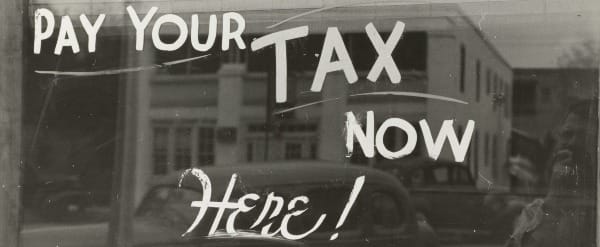
1. Why Taxes Matter for Cleaning Business Owners
Taxes are more than just rules to follow; they are key to keeping your business financially healthy. Being up-to-date with tax laws ensures you:
- Stay Legal by following national, state, or provincial and local laws
- Save Money by taking advantage of all available deductions
- Avoid Stress by filing accurately to prevent penalties or audits
Whether you're a newbie or have been in the game for years, managing your taxes well is vital for your long-term success.
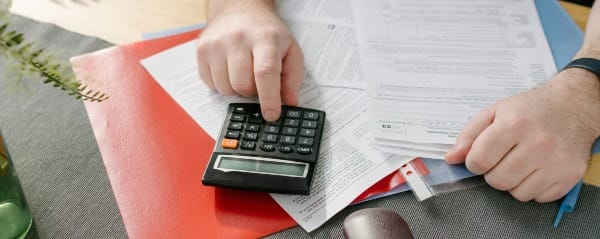
2. Key Taxes for Cleaning Businesses
a) Income Tax
Income tax is what you pay on the money your business makes, and it varies based on where you are:
- In the U.S.:
- Sole proprietors and single-member LLCs report their earnings using Schedule C on personal tax returns.
- You'll also pay a self-employment tax (15.3%), which helps fund Social Security and Medicare.
- In Canada:
- Self-employed people list their income on the T2125 form.
- Contributions to the Canada Pension Plan (CPP) are similar to U.S. self-employment taxes.
Tip: Set aside 25-30% of your earnings for taxes, no matter where you live.
b) Sales Tax
Sales tax can differ a lot depending on your location and can impact cleaning services:
- In the U.S.:
- Some states might charge sales tax on particular cleaning services or products
- You'll need a sales tax permit and regular reports to send in collected taxes.
- In Canada:
- If your earnings go over $30,000 a year, you'll have to register for GST/HST.
- Provinces such as British Columbia, Manitoba, and Saskatchewan may also have PST.
Tip: Check with your state or provincial office to see if sales tax affects your services.
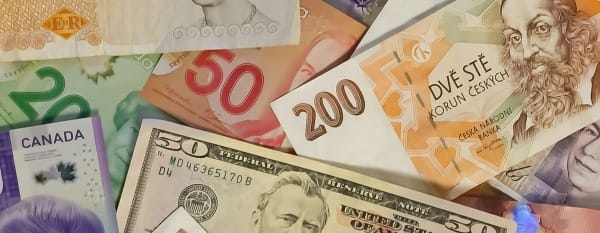
c) Payroll Taxes
If you have employees, you must manage payroll taxes:
- In the U.S.:
- Take out income, Social Security, and Medicare taxes from salaries and file Form 941 every quarter.
- In Canada:
- Deduct CPP, Employment Insurance (EI), and federal/provincial taxes from wages.
d) Property Tax
If you own business property or vehicles, you might be liable for property taxes, usually assessed at the local level in both countries.
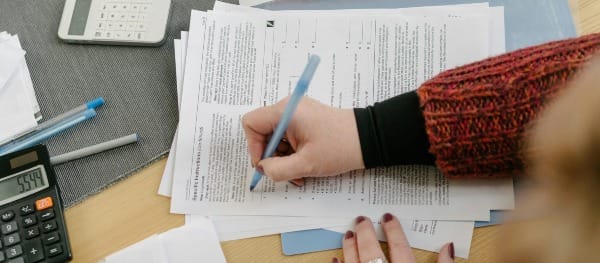
3. Tax Deductions Cleaning Business Owners Can Use
Deductions help lower your taxable income. Here’s a list:
Supplies and Equipment
- Regular items like mops and cleaners.
- Bigger purchases like carpet cleaners may need depreciation over time.
- In Canada: Use the Capital Cost Allowance (CCA) for gradual depreciation.
Home Office Deduction
- Deduct part of your rent/mortgage and utilities if you work from home.
- In the U.S.: Use the simpler method of $5 per square foot or calculate actual costs.
- In Canada: Deduct these on Form T2125.
Vehicle Expenses
- Deduct mileage in the U.S. or costs like fuel and maintenance.
- Tip: Keep a detailed mileage log or use an app.
Marketing and Advertising
- Deduct costs for flyers, business cards, or online ads.
Insurance
- Deduct liability, vehicle, or workers’ compensation insurance.
Professional Services
- Deduct fees for accountants or tax preparers.
Education and Training
- Deduct costs for relevant workshops or courses.
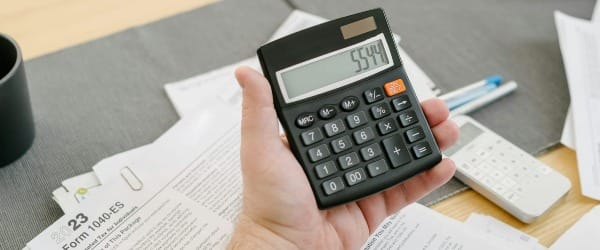
4. Smart Tax Strategies
Retirement Accounts
- In the U.S.: Put money into an IRA or SEP-IRA to reduce taxable income.
- In Canada: Take advantage of RRSP for tax savings.
Incorporation Benefits
- Think about incorporating to benefit from lower tax rates available to corporations.
Hiring Family Members
- Pay family members fairly for actual work and capitalize on tax savings by shifting income to lower brackets.
5. Keep Organized Throughout the Year
Staying organized all year round is crucial for stress-free tax filing:
- Keep Finances Separate: Use a distinct bank account for business transactions.
- Use Digital Tools: Apps like QuickBooks or Wave help manage expenses and reporting.
- Document Carefully: Save receipts and track mileage and income thoroughly.
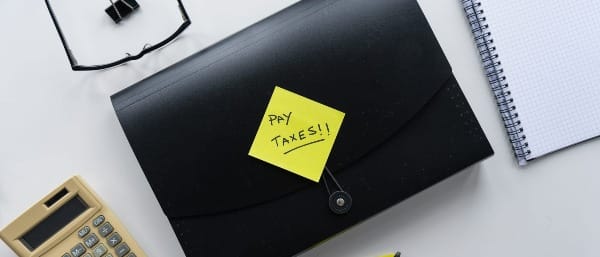
6. How to File Your Taxes
In the U.S.
- Gather all income and expense data.
- Fill out Schedule C and SE.
- File using e-file or through a tax preparer by April 15th.
In Canada
- Report self-employment income on the T1 General with the T2125 form.
- File via NETFILE or with an accountant by April 30th (or June 15th if you’re self-employed).
Tip: Pay taxes quarterly or in installments to avoid penalties.
7. Handling Audits
Audits happen, but don’t worry. Good preparation can make it easier:
- Provide clear, accurate records.
- Respond to any audit requests quickly.
- Seek advice from a tax professional when necessary.

8. Resources for Each Country
In the U.S.
- Use the IRS Small Business Tax Center.
- Look at the IRS Self-Employment Tax Guide.
In Canada
- Visit the CRA Small Business Hub.
- Check out the GST/HST Guide.
Finally, taxes for your cleaning business might seem complex, but with the right planning and organization, you can manage them with confidence. Seeking guidance from a tax expert familiar with your country's laws can provide tailored support.




